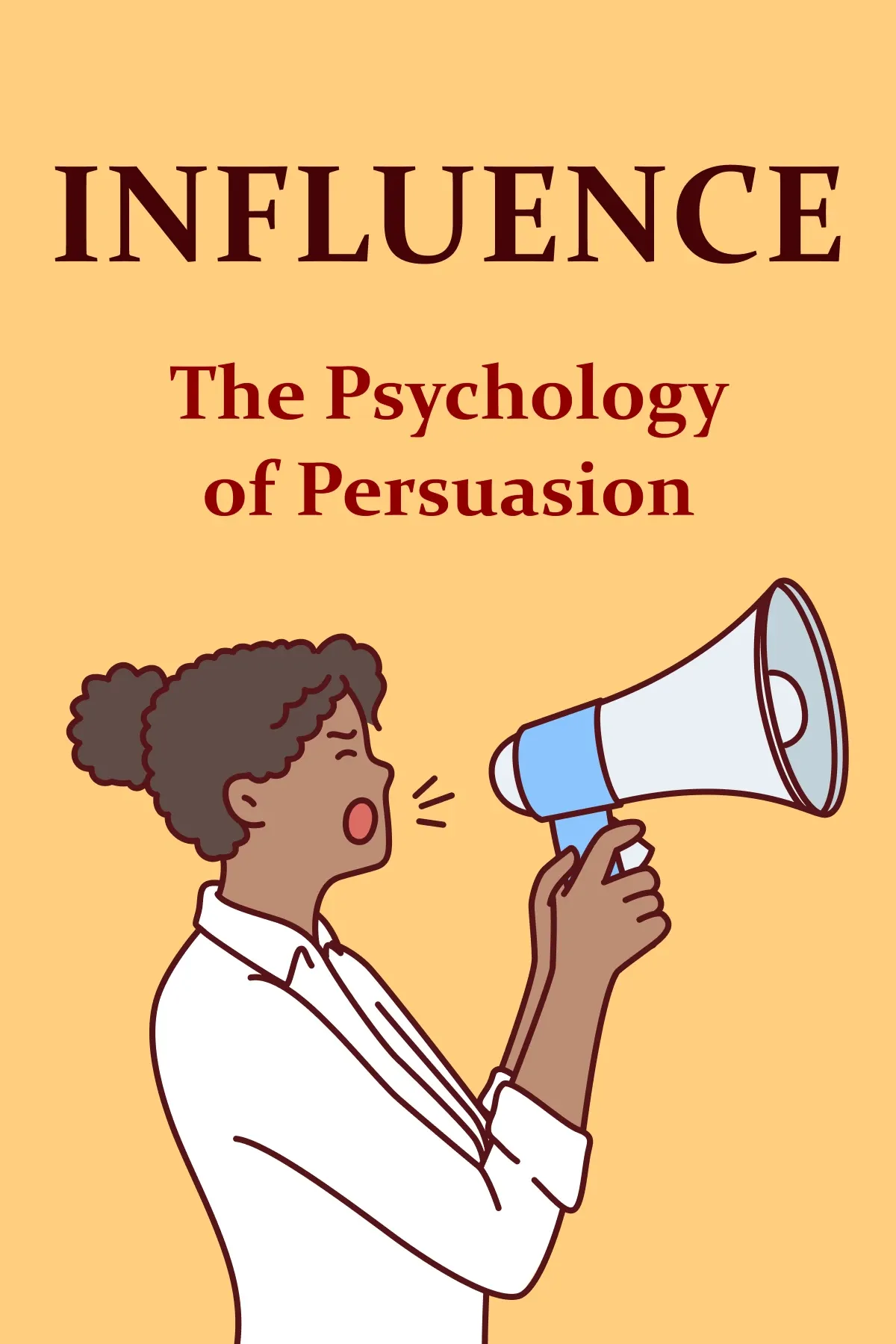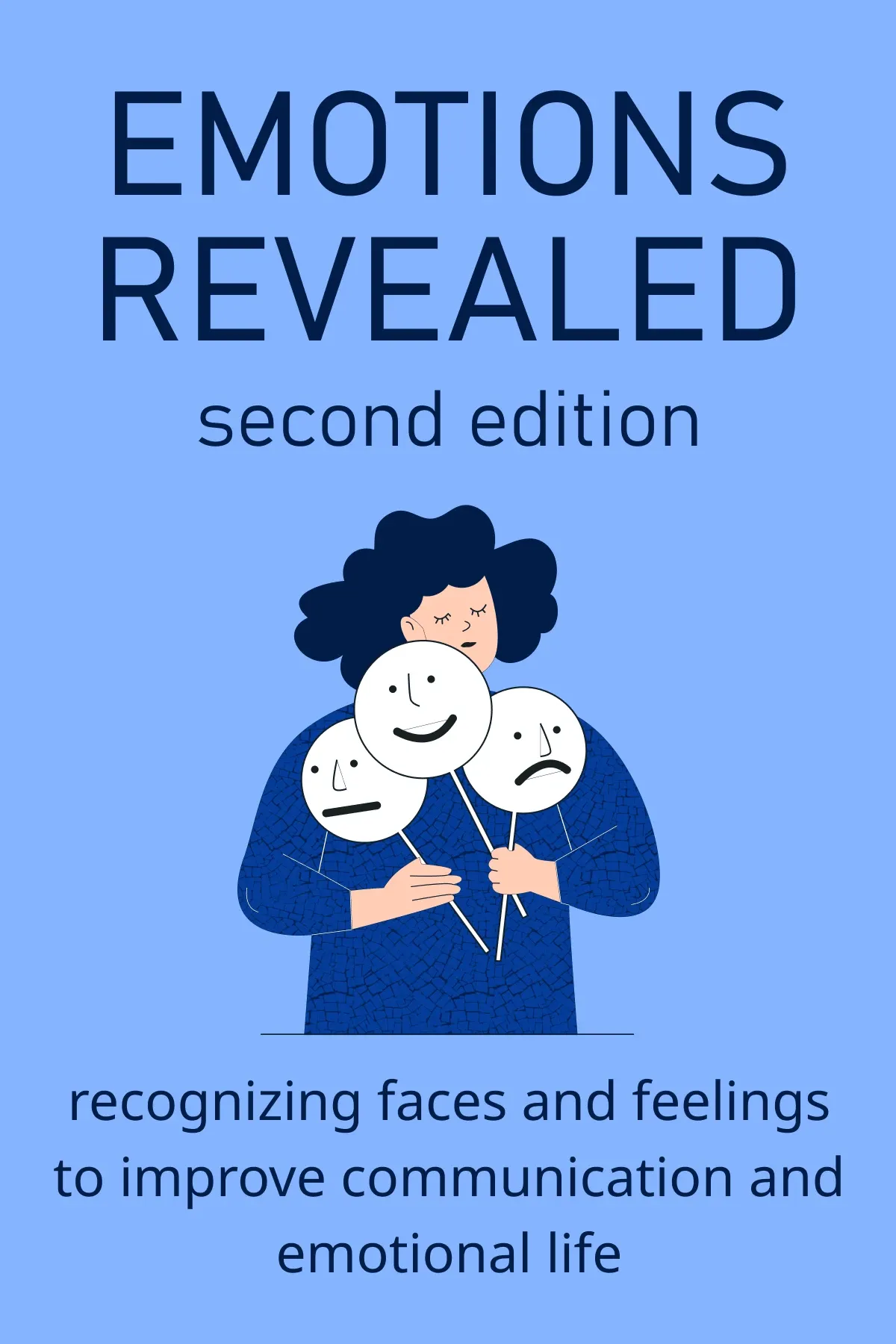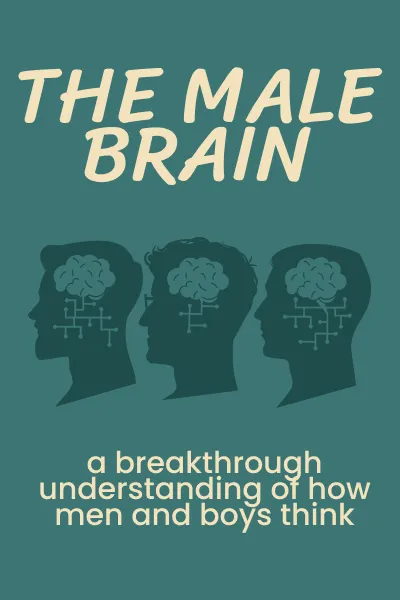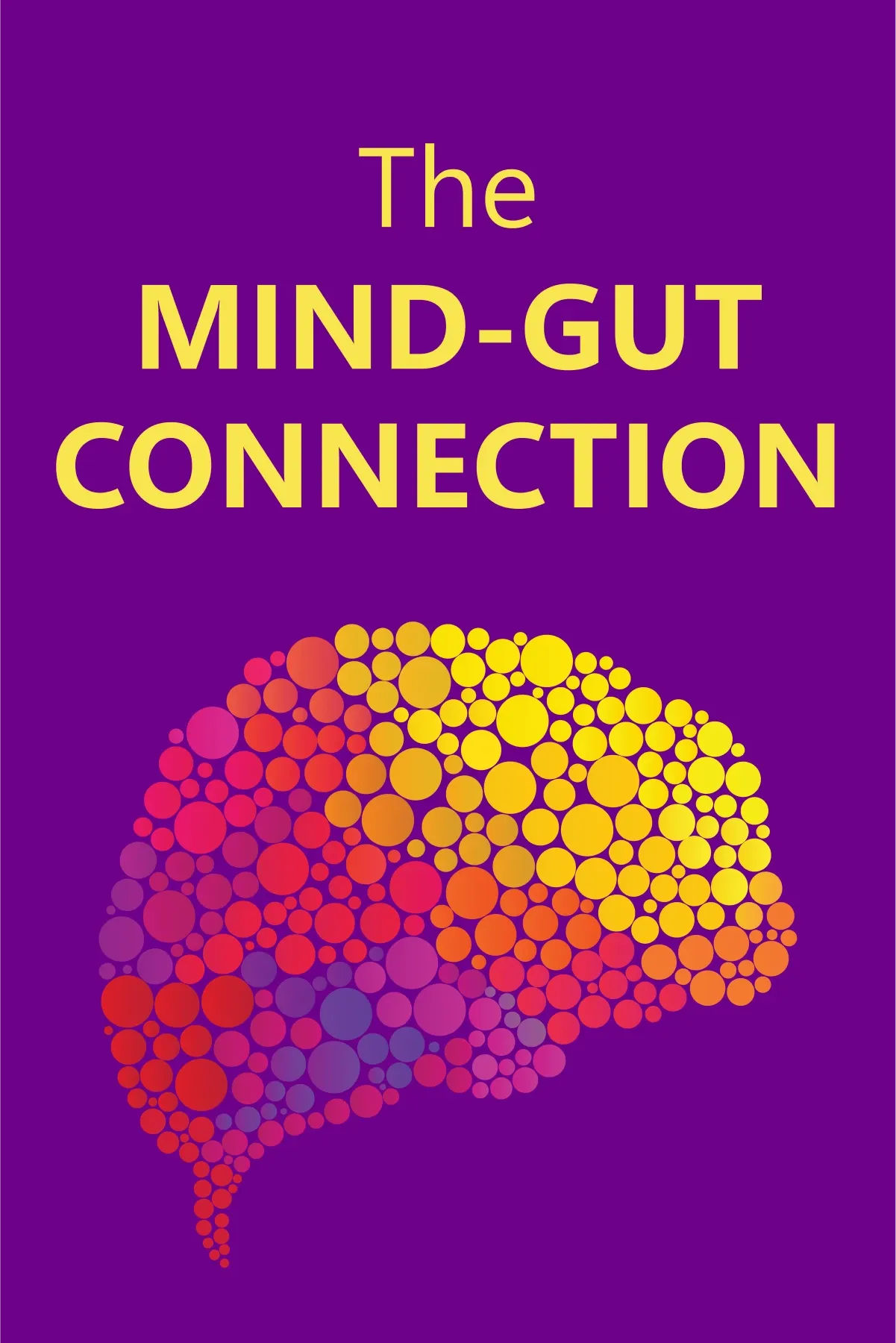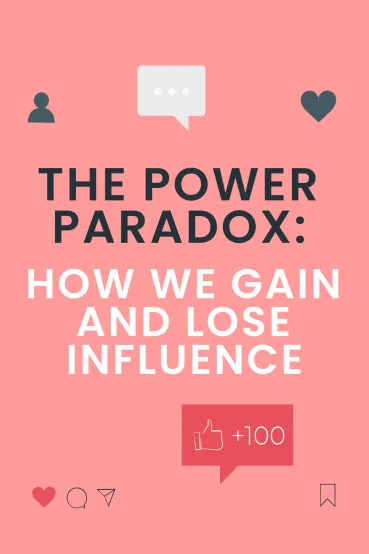
The Power Paradox
Brief Summary
“The Power Paradox” by Dacher Keltner highlights the forms that power can take and the areas it covers. The book describes how power is distributed among people and, most importantly, gives practical advice on how to gain and increase it.
Key points
Key idea 1 of 6
We all use and are influenced by power in one way or another, so the fact is that it surrounds us everywhere. Yet, we are often so used to it that we don't pay enough attention to it. Or maybe your everyday activities seem so insignificant that you've never even thought about how much they can affect this world. For example, what can you change by writing an essay?
One real-life case demonstrates power as it is. In 1785, Thomas Clarkson, a student at Cambridge University, wrote an essay. In it, he described the savageness of the slave trade. Later, Clarkson wrote a few more letters and pamphlets on the topic. He was well aware that, at that time, most European economies heavily depended on the slave trade. Millions of people were suffering from slavery. What a surprise it was that the works of an ordinary student convinced enough people to protest. In the end, the British Parliament declared slavery illegal. This is just one case out of a huge number of others.
We face power constantly from the time we are very young. For example, this includes the influence of parents on children. Thus, children often copy the behavior of their parents and other adults, in particular those who are their authority figures.
Children learn by observing their parents' behavior and imitating their actions, speech, attitudes toward others, and reactions to different situations. This experience directly impacts whether a person will more likely be a power-hungry or cooperative person in the future.
Moreover, it works even when you take a group of strangers. If you ask such a group to solve a problem together, there will undoubtedly be people to show leadership. Such individuals will bring people together, thereby gaining power over them. This statement was supported by an experiment named “leaderless group discussion paradigm.”
Power comes in different scales. When someone uses their abilities to effect change or influence on a larger level, we witness the manifestation of significant power.
FAQ
You may also like these summaries




